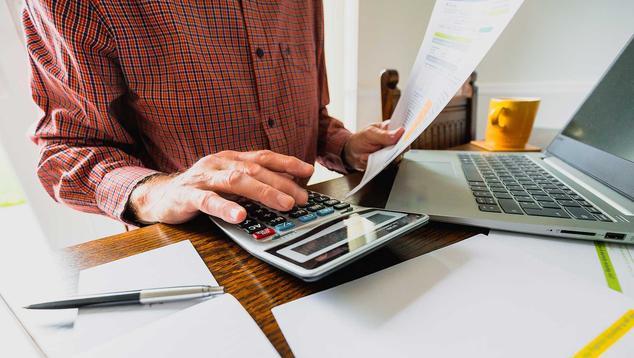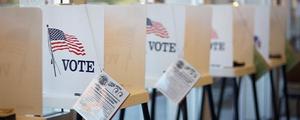Story Highlights
- Gallup Economic Confidence Index is -35, up from -39 in August
- Index score is significantly improved from -58 in June
- Democrats' index score now positive; independents' still negative
WASHINGTON, D.C. -- Despite the stock market having its worst month since March 2020, Americans' confidence in the economy improved ever so slightly in September after a bigger improvement in August, but remains negative on balance.
The Gallup Economic Confidence Index ticked up to -35 in September after rising to -39 in August. That in turn was up from -51 in July and -58 in June. The improvement over this period most likely reflects Americans feeling less of a pinch from inflation as gas prices retreated from record highs and the already low unemployment rate dipped further to pre-pandemic levels.
The Gallup Economic Index captures Americans' net optimism about the economy, combining their views about current economic conditions and perceptions of the direction of the economy. The index could be as high as +100 if all Americans think the economy is "excellent" or "good" and improving, and as low as -100 if all believe the economy is "only fair" or "poor" and getting worse.
The latest reading, from a Sept. 1-16 Gallup poll, is above the long-term low of -72 recorded in October 2008 but well below the high of +56 seen in January 2000.
Americans' Outlook for the Economy Slightly Less Gloomy
All of the improvement in the index over the past month stems from Americans' slightly less pessimistic outlook for the economy. Two-thirds now say economic conditions are getting worse, down from 72% believing this in August.
Meanwhile, fewer than one in five adults continue to describe current economic conditions positively -- as either "excellent" or "good" -- while close to half call them "poor."
For Democrats, the worrisome implications of the Economic Confidence Index being -35 nationally are underscored by the breakout among partisan groups, in that political independents' score (-38) is closer to Republicans' (-68) than to Democrats' (+10). This suggests the economy could be a drag on Democrats' appeal to swing voters, although the economy may be competing with other issues as pivotal for independents this year.
Democrats' score on the index has now crossed into positive territory for the first time since April, while independents' score mirrors the national average and Republicans' remains significantly lower.
Economic Ratings and the Election
In tandem with President Joe Biden's 42% job approval rating, Americans' negative view of the economy reinforces the challenge Democrats have in attempting to buck the historical pattern of the president's party losing U.S. House seats in midterm elections.
By themselves, Americans' economic views have not been highly predictive, historically, of the outcome of midterm elections. But today's ratings of current economic conditions are unusually weak for a midterm year, making this election one to watch to determine if low confidence compounds the presidential seat losses one would normally expect based on other factors.
To stay up to date with the latest Gallup News insights and updates, follow us on Twitter.
Learn more about how the Gallup Poll Social Series works.




